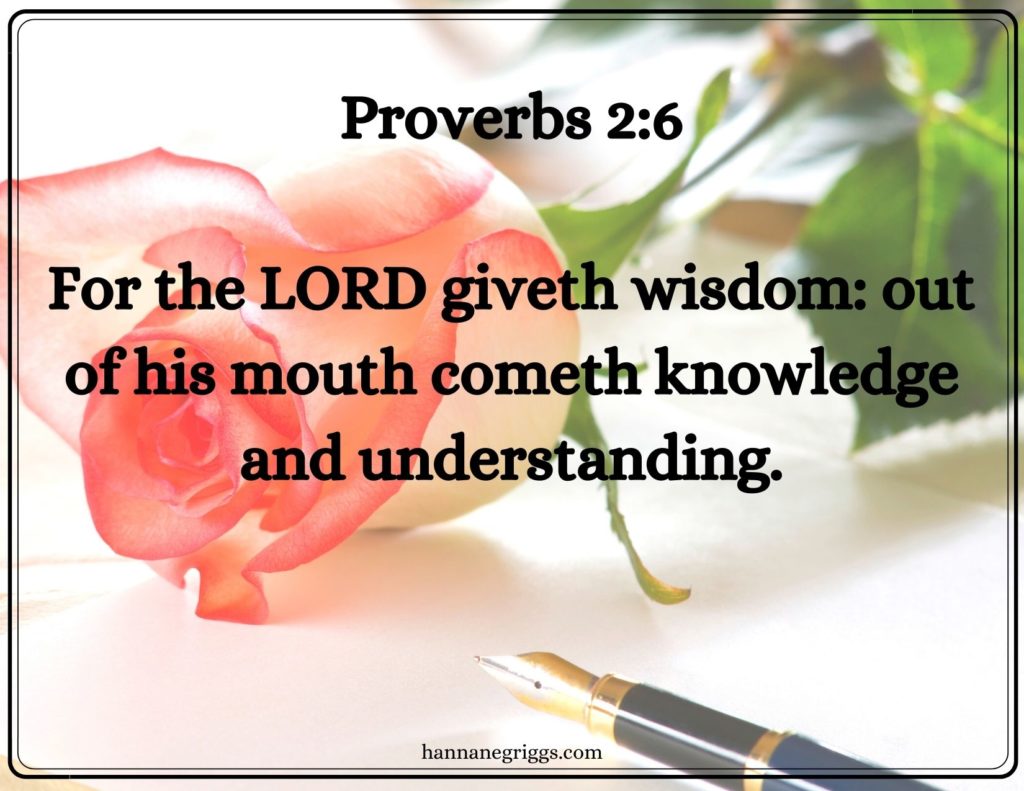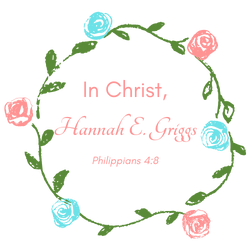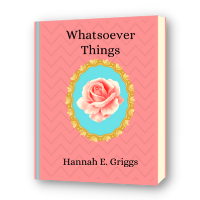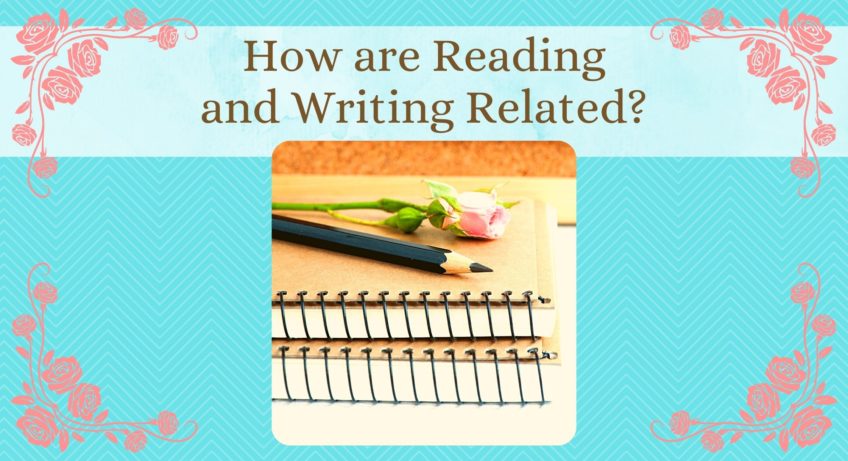If you’ve been a part of my blog for any length of time, I’m sure you’ve noticed that I talk about reading a lot. And today is no exception, though reading isn’t the only thing I’m going to be talking about. Today, I will be answering the question, how are reading and writing related.
In order to read, something has to have been written. Or in other words, writing is always followed by reading (as long as what has been written is worth reading). I love both reading and writing. I love writing about reading, and I love reading about writing.
My first book is currently at the editor’s and I’m preparing to publish it. What’s it about, you might ask? I’m not ready to tell just yet. That will come closer to publishing time. In the meantime, I’m going to begin a new topic of blogposts: writing and writing tips.
So how are reading and writing related? Let’s find out!
Reading and writing can be two separate things, but they can also be very closely related and done together.

Note-taking While Reading
If you want to write and aren’t sure what to write about, begin by taking notes as you read. You could paraphrase the key points that stand out to you, or you could write down your own thoughts on the subject.
You could also write as though you were explaining to someone else what you had been reading, using simpler terms and your own examples. Another option would be to summarize a paragraph or a section of what you read. And that leads into another thought on this topic.
Practicing Creative Writing While Taking Notes
Once you’ve begun taking notes as you read, think about your writing and your word choice. Get creative with your note-taking. Use descriptive words, and try writing in story form. Try out different writing styles: long and eloquent, or short and concise. Add variety, and experiment between writing formally or writing conversationally.
You might just be surprised how well your writing turns out. And a simple paragraph or page of writing can sometimes be turned into a story, a book, or a series of books.
Bible Journaling
Another way to integrate reading and writing is by journaling as you read the Bible. Some journal in their Bibles, and some have a notebook to write in. Or you can use the journaling bookmarks available in my freebies archive.
As you are having your personal devotions, you can write down the thoughts you have, the verses that stand out to you, and the ways you can apply what you have learned to your own life. In this way, writing and Bible study are combined as well as writing and reading.
Not only are you writing your own thoughts and the things God has been teaching you, but also you are creating a devotional journal that you can look back on, showing how God has worked in your life.
Because of the good that a journal like this can do for the writer, this kind of writing is more beneficial to the writer than a lot of other kinds of writing. It is a record of what they have learned, something they can read and look over again and again, something that is not written with an audience in mind.

Re-writing Existing Stories
This is another suggestion for those of you who want to write but don’t have something already in your mind that you want to write about. I haven’t personally tried re-writing a story I’ve read, but I generally have a dozen or so different story ideas in my brain that I want to write, so those keep me busy.
If you struggle with writer’s block or coming up with good ideas, think of a story you’ve read and enjoyed (or one you didn’t enjoy and wished it had a different ending). Think of how you could change the story and try writing the story with your additions. You could add or delete characters, scenes, or events. Ask what sort of different outcomes the story could have.
Another option would be to take a story you liked and add to it. Write your own sequel, telling what happened to the characters after the existing story ended. Did they continue to live happily ever after or did their whole world fall apart once again?
There are so many possibilities for re-writing or adding onto existing stories. Just find one you like and give it a try!
Writing What You Want To Read
It may sound silly to write something to read for yourself, but I’ve done that. I began a story that I was going to write for myself. At this point I had hopes that someday, years down the road, I might could possible publish a story, but I didn’t really expect it to happen. This story I had in mind wasn’t intended for publishing purposes. I just wanted a story where everything happened the way I wanted it to.
Well, fast-forward a few years to the time when I began seriously writing, had some English and writing classes in college, and actually had ideas for how to get published. That little story I wanted to write for myself has grown. It’s grown a lot. It’s turned into a series that I plan to publish as I get the books written.
Now, I’m not saying that to brag on my writing abilities. They aren’t anything exceptional. I’m saying that to encourage you, an aspiring writer, to write something you would like to read. Or if you have siblings, you could write something they would enjoy reading.
It doesn’t have to be good writing, and it doesn’t have to be a great story. But it might just be what you need to get going with writing. And you never know, you might just turn out to be the next C. R. Hedgcock or Rebekah Morris.
Conclusion:
Reading and writing, while different, can also go hand-in-hand and can be used together. If you’re interested in writing, but haven’t been sure where to begin, I hope this post gave you some inspiration. If you’re already writing or just interested in writing, be sure to subscribe, so you get notified whenever a writing post comes out.
Which of these writing ideas have you done? Which of them would you like to do? Do you have any other ideas that would be helpful for beginning (or experienced) writers who don’t know what to write about? Let me know in the comments!



